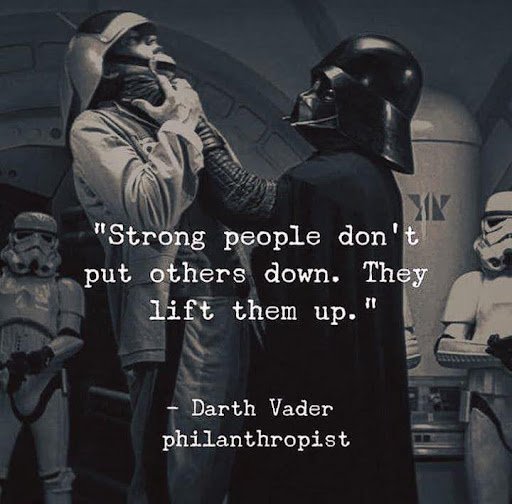Where's the undo button? (Part II)
This is the second part of the blog series where we examine the relationship between DevOps and safety. My name is Tuomo Niemelä and I work as a DevOps consultant at Polar Squad which operates in the intersection of people and technology.
You can read the first part from here and the third part from here.
Psychological safety
The basic unit of modern software development is the team. Ensuring the optimal functioning of a team involves leveraging the unique strengths of each individual toward achieving the common end goal. This is best facilitated by fostering a safe environment where people can be their authentic selves.
It is important to mention here that the premise of a well functioning and efficient team is first selecting the right people to the team. Since this could be a topic on its own and to keep this chapter at least somewhat short, we’ll jump straight to the moment where the team already exists.
“Here’s where the processes and tools end, and culture begins.”
Google lists psychological safety as the first and biggest factor of a high performing team. This was concluded after multi-year study "project Aristotle": "Who is on a team matters less than how the team members interact, structure their work, and view their contributions."
I’m going to list 5 points which psychological safety enables within a team while improving performance and thus leading to a DevOps mindset. Psychological safety promotes open communication, reduces fear of failure, boosts innovation and creativity, enhances team learning, and lastly improves team performance.
Promotes open communication
This is the foundation, where psychological safety allows individuals within a team to feel secure in communicating openly, sharing their thoughts, ideas, and concerns without fear of retribution or ridicule.
"By this shared sense of ‘us’, athletes felt psychologically safe in their team to speak up, provide input, and take risks." [K. Fransen, D. McEwan, Mustafa Sarkar, 2020]
Like with any relationship, communication is the key. It’s always better to over communicate than under communicate. Like with any skill, communication skills can be trained. It matters as much - if not more - how you say it than what you say.
Reduces fear of failure
With open communication, individuals are less afraid of making mistakes or failing, as the environment is supportive and non-punitive.
"Psychological safety climate was positively related to group learning behavior and voice through a reduction in group average fear of failure." [Hong Deng, K. Leung, Catherine K. Lam, Xu Huang, 2019]
It is ok to fail sometimes. Actually it is essential to fail in order to really learn something. Embracing one’s inner clown could be beneficial sometimes. It’s not so serious, at least I hope it isn’t.
Boosts innovation and creativity
When individuals are not afraid to fail, they are more likely to think creatively and innovatively, proposing new ideas and solutions.
"Psychological safety mediates the relationship between humble leadership and follower creativity." [Yanfei Wang, Jieqiong Liu, Yu Zhu, 2018]
To be creative is to be human. To be creative could be a single source of meaning for some. I heard some companies even pay people to be innovative and creative.
Enhances team learning
The combination of open communication, reduced fear of failure, and increased innovation and creativity contributes to enhanced team learning. Teams can learn from each other’s diverse perspectives and insights, leading to more effective problem-solving and decision-making.
"It introduces the construct of team psychological safety—a shared belief held by members of a team that the team is safe for interpersonal risk taking—and models the effects of team psychological safety and team efficacy together on learning and performance in organizational work teams." [A. Edmondson, 1999]
Teams, not individuals, make things happen in the long run. "The whole is greater than the sum of its parts." is what Aristotle would say if he saw a modern software development team building a complex system.
Improves team performance
All these factors culminate in improved team performance. A team that communicates well, embraces creativity and innovation, learns together, and is not held back by fear of failure is likely to perform more effectively and achieve better outcomes
"Psychological safety is the engine of performance, not the fuel, and how individuals contribute to group performance under a psychologically safe climate, enhancing team processes." [Sehoon Kim, Heesu Lee, T. Connerton, 2020.]
Zero technology, zero tools, 100% team performance. There can be arguments and differing opinions between the team members but those are just those. Achieving the team's end goal is what matters. Enough with the theory! In the next part we examine practical examples of what this all means.


